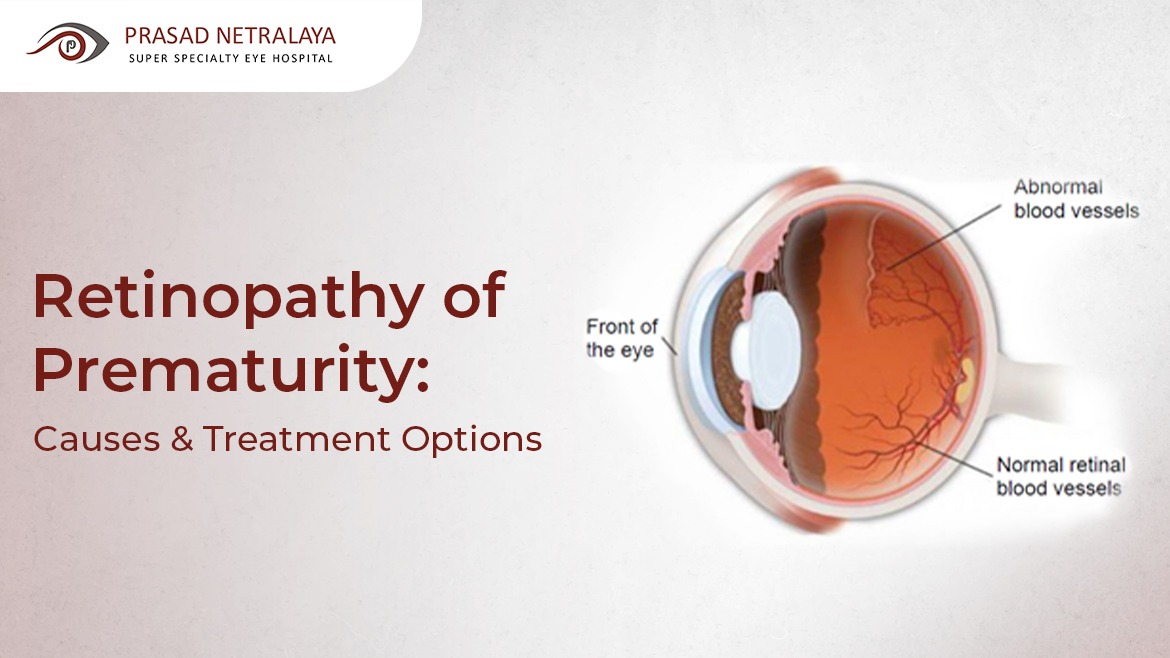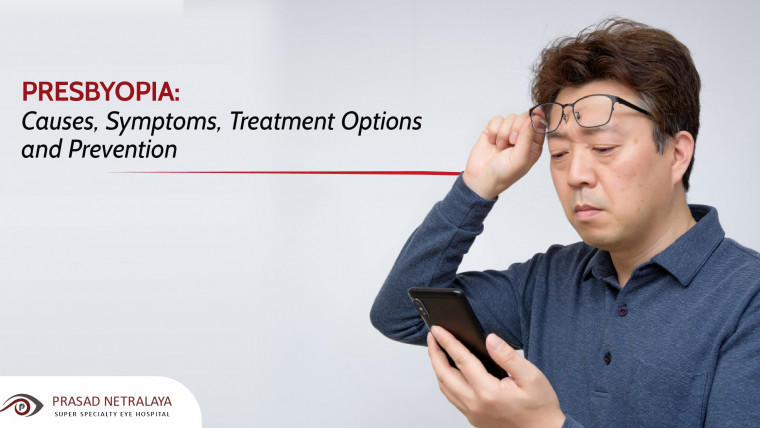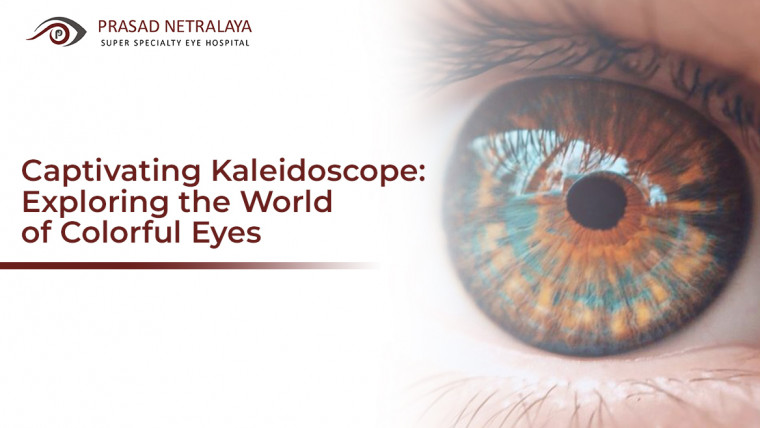Table of Contents
What is Retinopathy of Prematurity?
Retinopathy of Prematurity (ROP) is an eye condition where a child may lose vision due to abnormal development of retinal blood vessels . It affects children who are born early or prematurely, i.e., before 31 weeks or babies who need oxygen therapy.
The retina is the layer that lies in the back of your eye and that is the key part of your vision. Normally, the Retina matures/develops completely by 40 weeks of pregnancy. In premature babies the retinal development would not be complete. Most babies can be cured without treatment and end up having normal eyesight.
However, in certain cases, the condition may get worse and put the baby’s vision in trouble. In such cases, it’s best to consult a doctor immediately to prevent further retinal damage and vision loss. If this goes untreated, advanced ROP can cause blindness.
Here’s a piece of advice:
It is important to screen all premature babies less than 34 weeks within 20 days to 30 days of birth, especially those babies who are at risk of developing ROP. These screenings help the healthcare professional identify if the baby is likely to have ROP or not.
It’s crucial to keep in mind the screening schedule to lower your child’s risk of serious vision threats.
Causes of Retinopathy of Prematurity:
As you already know, disruption of the normal blood vessels over the retina causes ROP, now it’s crucial to know some factors that raise a child’s risk of developing ROP.
The risk factors of Retinopathy of Prematurity:
The risk factors for ROP are as follows:
- Pre-mature delivery before 31 weeks of pregnancy. The earlier the baby is born, the more likely they are to be a victim of ROP
- Respiratory distress syndrome is another risk factor. This is a common problem of premature birth that causes breathing problems due to immature lungs.
- Low birth weight of a child, i.e., anywhere around 1,500 grams (i.e., 3.3 pounds) or less, puts the premature infant at risk of ROP
- Bleeding within the brain (also known as intracranial hemorrhage), which can happen among premature infants can also cause ROP
- Infections or other health issues can also be a factor that exposes premature infants to ROP development
Stages of Retinopathy of Prematurity:
- Stage 1 and 2: Mild and moderate and usually gets cured without treatment
- Stage 3: At this stage, ROP may require treatment to prevent retinal damage
- Stage 4: At this stage, ROP is severe and it leads to partial detachment of the retina. Immediate treatment is required at this stage.
- Stage 5: At this stage, ROP is more severe than it is in stage 4 and it also leads to total retinal detachment. Urgent treatment is required and visual loss is likely to occur even after the treatment is done.
Other kinds of Retinopathy of Prematurity:
- Aggressive retinopathy of prematurity: A case where ROP gets worse quickly.
- Plus disease: This is another form of severe ROP where widened and wavy blood vessels form in the retina.
Treatment of Retinopathy of Prematurity:
The treatment options for retinopathy of prematurity are as follows:
- Laser therapy: This treatment causes photocoagulation on the outer edges of the baby’s retina. It prevents abnormal blood vessels from developing. This therapy has proven to cure ROP 90% of the time.
- Anti-VEGF therapy: In this treatment, injections are shot into the baby’s eye to transfer medicine that stops the growth of abnormal blood vessels.
On another note, if your baby is suffering from STAGE 4 OR 5 of ROP, your retina specialist may recommend further treatment such as a surgery called “Vitrectomy”.
Read More : Taking Charge of Diabetic Retinopathy: Managing and Controlling Risks
Choose the right expert at Prasad Nethralaya:
Your newborn’s vision needs to be safeguarded by experts who can treat your baby’s vision with utmost care. At Prasad Netralaya Eye Hospital, we ensure the best outcome for your child by having them consulted by experienced pediatric ophthalmologists.
Take the first step towards preserving your child’s vision by scheduling an appointment with Prasad Nеtralaya Eye Hospital today!
FAQs (Frequently Asked Questions):
1. Can Retinopathy of Prematurity be prevented?
Not completely . But by extending delivery of the baby by giving medications to the mother can be tried. Regular screening of premature babies helps to prevent vision loss from ROP.
2. Can babies with Retinopathy of Prematurity see?
In the first and second stages, babies can see normally for their age. ROP may be eliminated when the blood vessels grow completely. However, in other stages, ROP gets severe and it could be a threat to your baby’s vision.
3. Is Retinopathy of Prematurity permanent?
ROP may go away as the child grows. But as the child grows, they should be checked by an ophthalmologist regularly. However, If ROP is severe, urgent treatment is needed, because if not treated in time, the child may go blind or permanently lose their vision.
4. Do babies with Retinopathy of Prematurity need glasses?
Most babies who develop ROP recover easily as the abnormal blood vessels heal themselves. This is usually during the first year after the child is born. However, in some babies, the abnormal blood vessels heal but only partially. In such cases, the child may develop lazy eyes, nearsightedness, or a wandering eye during their early life, that’s when a child may require glasses.
Dr. Vikram Jain, M.S. had his medical training (MBBS) from Kasturba Medical College, Mangalore, India. He did his master’s in Ophthalmic surgery from Kasturba Medical College, Manipal. He currently manages the Glaucoma department of Prasad Netralaya hospital.



